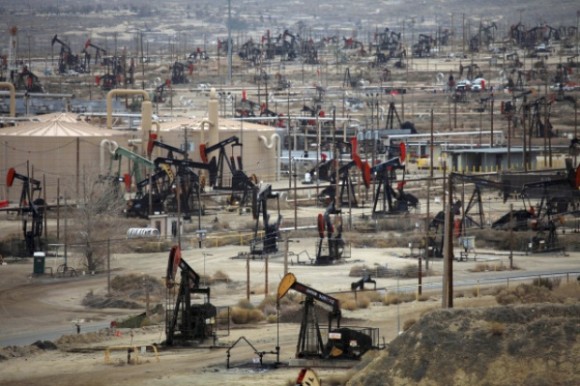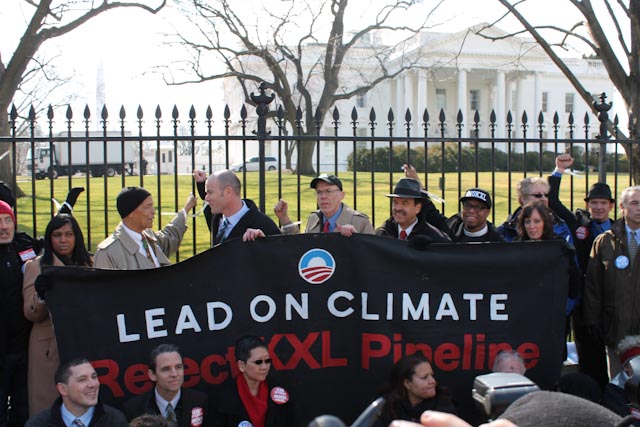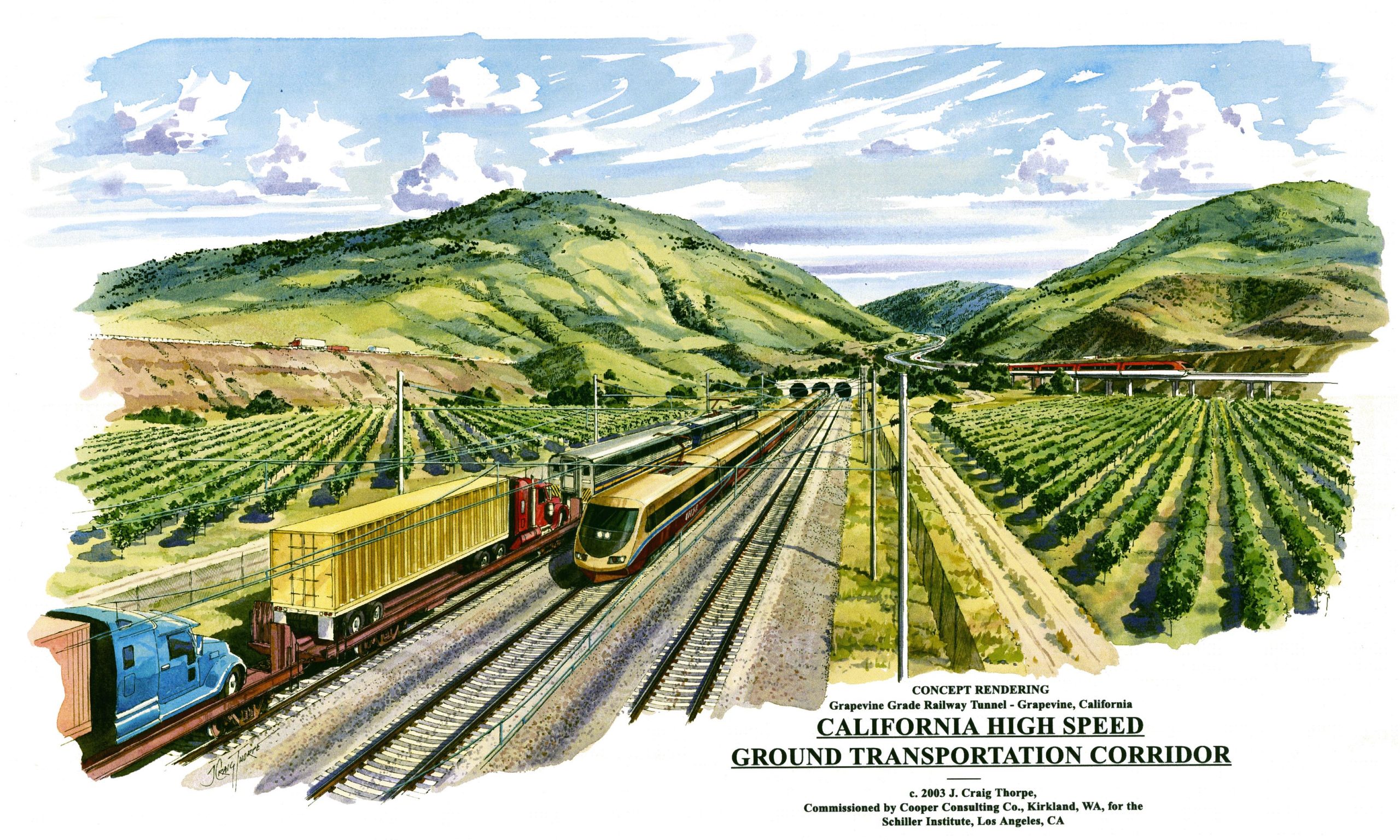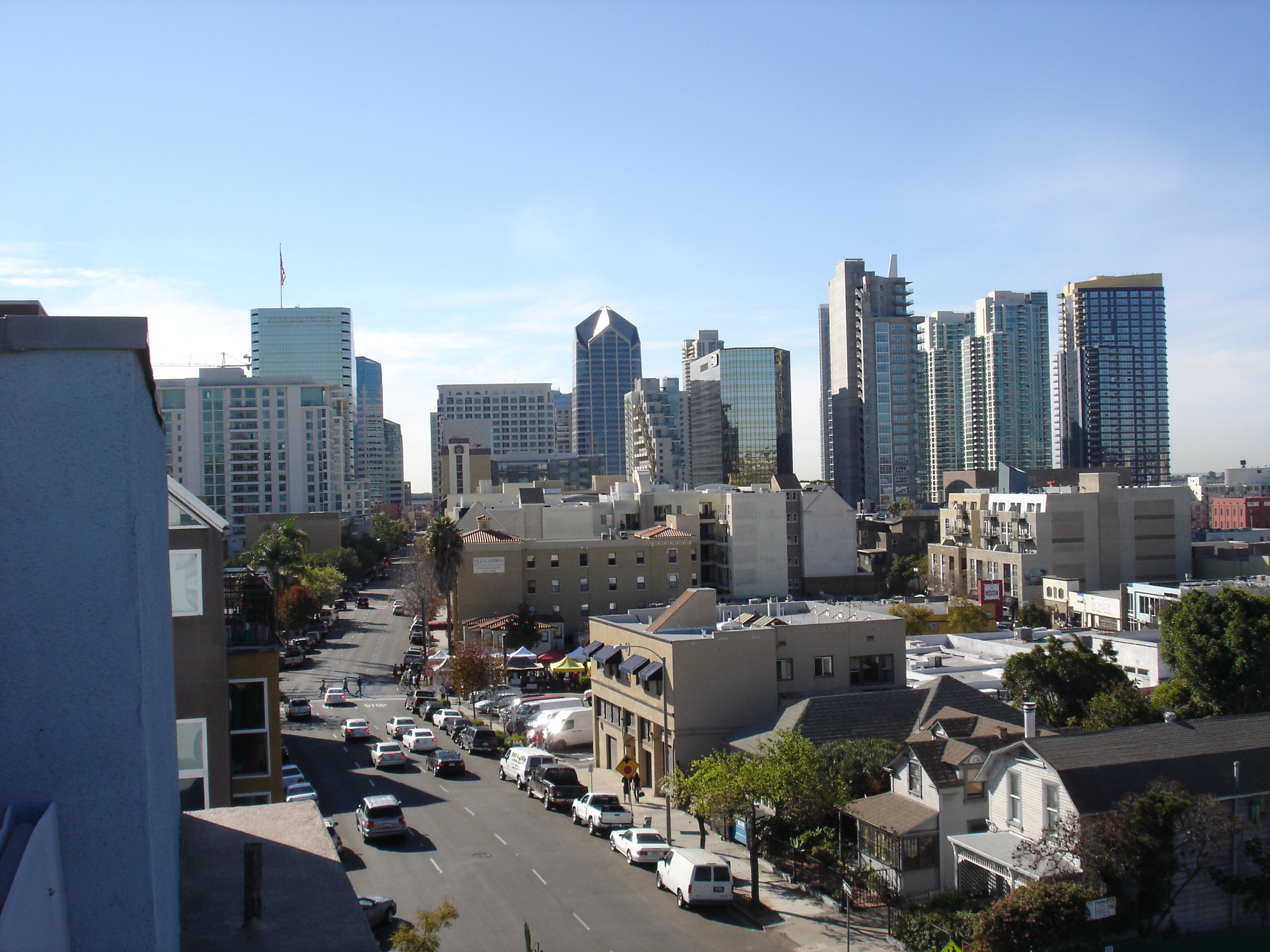While the public demands protections for air, land, and water, the California oil industry uses front groups and spends millions on lobbying the legislature, gaining disproportionate influence in subverting pollution and fuel standards. Keeping the economy addicted to climate-fouling fossil fuels and reaping billions in profits, Big Oil claims to be a “victim” of excessive regulation. Stop Fooling California!
Tag: greenhouse gases
Peter Jefferson Nichols: The NYT Misleads on How to Fix Climate Change
The Keystone XL is a great line in the sand. It requires an executive approval from President Obama because it crosses an international boundary, a rare “Yeah” or “Nay” for a head of state. Should the President reject the project based on its adverse climatic effects, he would become the first world leader to recognize the mutually beneficial relationship between ecology and economy.
Chasing Ice: The New “Inconvenient Truth” – Arctic Melting Before Our Eyes
Dr. James Hansen: We can fix this. The answer is a price on carbon. We must make the price of fossil fuels honest, reflecting their cost to society including the economic devastation wrought by storms like Sandy, the toll on farmland and ecosystems, as well as priceless human lives.
Urban Ecology: Promoting Life in the Concrete Jungle
In the growing field of urban ecology, scientists study cities as if they were ecosystems. With cities launching efforts to slash carbon emissions, reduce water use and improve habitats, scientists are beginning to evaluate how such policies affect the overall health of the urban environment.
Vision of Sustainable Mobility? High-Speed Rail Challenges California
Despite an eventual pricetag of $68 billion and numerous engineering, environmental and political challenges, the California bullet train offers a promising vision of sustainable mobility, posing less impacts and competitive costs than expanding airports and freeways.
Smart Growth: San Diego’s Approach to Sustainable Communities
With “ambitious but achievable” transportation and land use proposals left off the table, California’s first climate protection mandated Sustainable Communities Strategy aimed high but did not quite achieve setting the San Diego region on a long-term course toward sustainability.
Winona LaDuke – The Pipeline for the One Percent
Keystone XL, touted to bring jobs and energy security, will do neither. Even if the pipeline never spilled, even if the tar sands weren’t an environmental atrocity, this would still be a bad deal for the US public.







